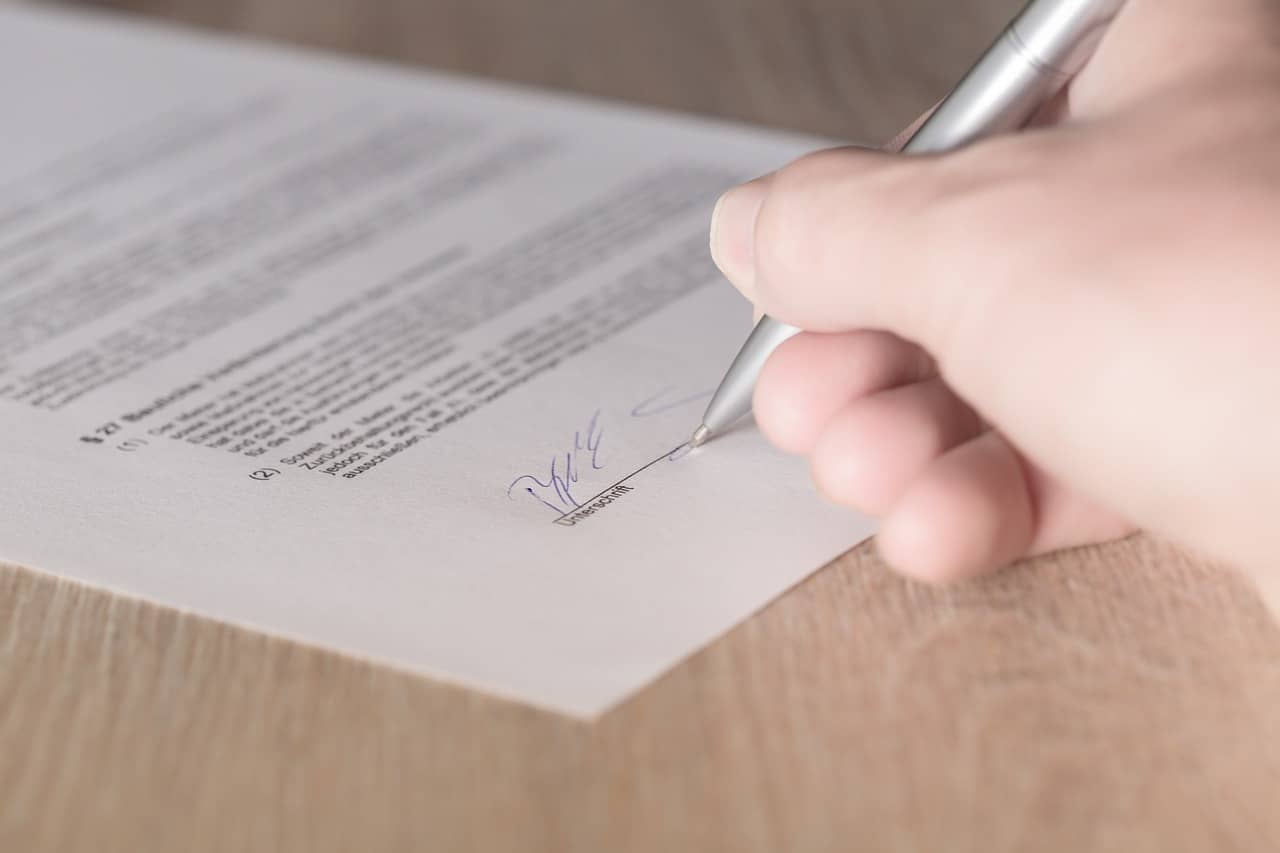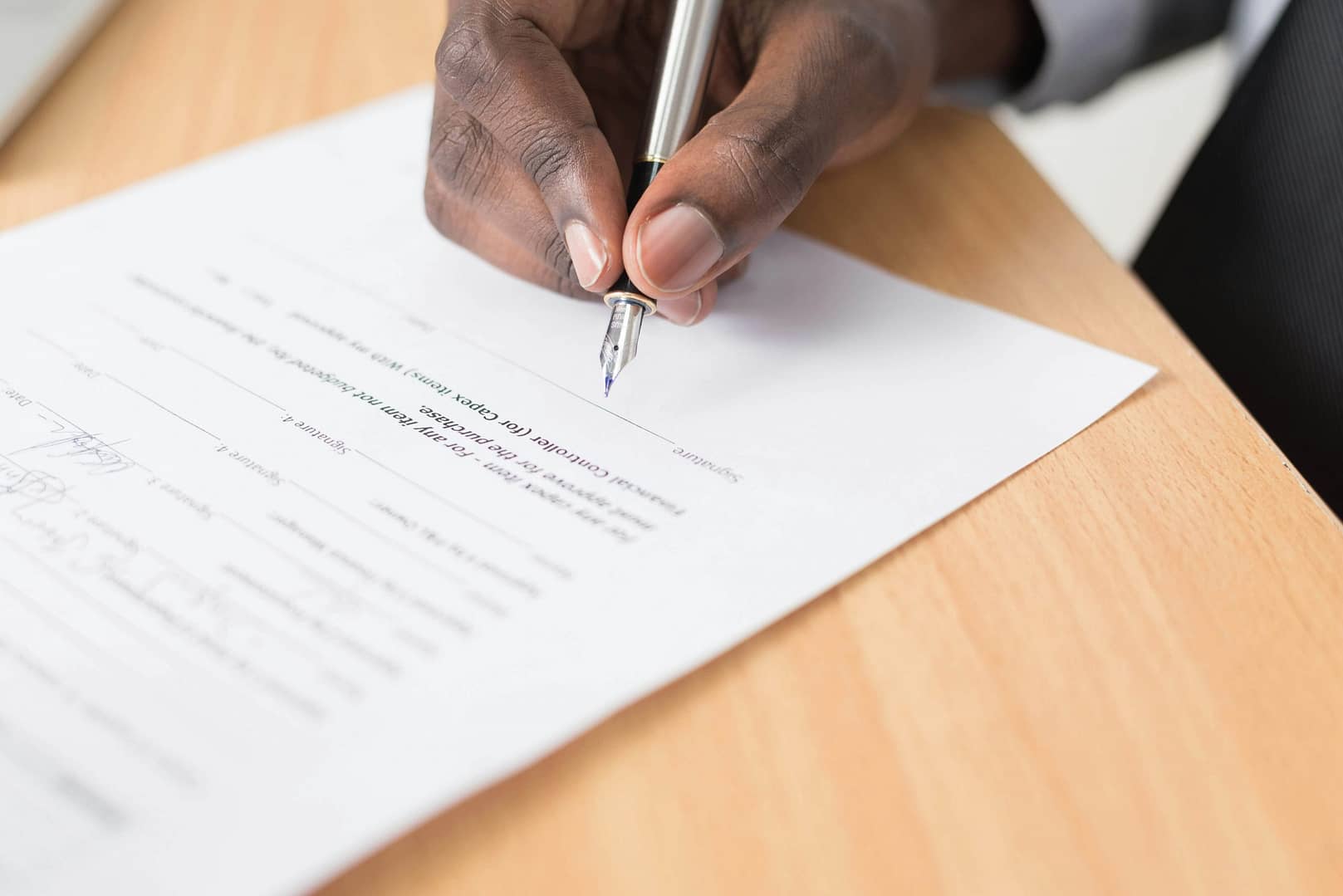Brain injuries, whether caused by trauma, stroke, or disease, can have lasting effects on a person’s physical and cognitive abilities. However, research is increasingly revealing that our genetic makeup may play a significant role in both our susceptibility to brain injuries and our ability to recover from them. Understanding the relationship between genetics and brain injury can provide valuable insights into personal risk factors, potential recovery outcomes, and tailored treatments.
The Intricate Dance of Genetics and Brain Injury
When it comes to the brain, the seat of our thoughts, emotions, and actions, its resilience and capacity for recovery after an injury are of paramount importance. The brain is an incredibly intricate organ composed of billions of neurons, each connected in a web of complex networks. Yet, despite its complexity, the brain can be vulnerable to injuries, both traumatic and non-traumatic.
What Are the Key Factors Influencing Recovery?
Understanding the factors that influence the recovery of brain function following injury is crucial in the journey towards improved treatments and outcomes. While many factors come into play, three significant ones stand out:
Genetics
Genetics plays a substantial role in brain injury susceptibility and recovery. Our DNA contains a wealth of information that dictates not only our physical traits but also our susceptibility to various health conditions, including brain injuries. Think of it as a set of instructions that guide the development and maintenance of our brain’s structure and function.
Age
Age is another critical factor. The young brain, especially in children, has a remarkable ability to rewire and adapt after injury. This phenomenon, known as neuroplasticity, is the brain’s way of compensating for damaged areas. As we age, however, neuroplasticity decreases, making recovery more challenging.
Severity and Location of Injury
The third key factor is the severity and location of the brain injury. A minor concussion, for example, may result in temporary cognitive impairment but is often reversible. In contrast, a severe traumatic brain injury (TBI), such as a penetrating head wound, can lead to permanent and profound disabilities. The location of the injury within the brain also matters, as damage to certain regions can have more far-reaching consequences.
Now, let’s zoom in on the genetic component of brain injury susceptibility and recovery.
The Role of Genetics
Our genetic makeup, encoded in our DNA, plays a significant role in determining our susceptibility to brain injuries and our ability to recover from them. This isn’t just a hypothetical notion; there is compelling evidence from scientific research to support this claim.
Is Brain Injury Susceptibility Inherited?
One of the most intriguing questions in the field of genetics and brain injury is whether susceptibility to such injuries can be inherited. While it’s not as straightforward as inheriting traits like eye colour or height, there is evidence to suggest that genetic factors do influence an individual’s predisposition to brain injuries.
Several studies have explored the genetic basis of susceptibility to traumatic brain injury (TBI). For instance, a study conducted in the UK found that certain genetic variations were associated with an increased risk of suffering a TBI. These variations were linked to genes involved in brain structure and function, which underscores the importance of genetics in brain injury susceptibility.
Genetics and Recovery
Genetics not only influences the susceptibility to brain injuries but also plays a critical role in the recovery process. Some individuals seem to recover more effectively and quickly from brain injuries than others, and genetics is a significant contributor to these differences.
In a study conducted in the UK, researchers identified specific genetic markers associated with improved recovery outcomes following traumatic brain injury. These markers were linked to processes involved in inflammation regulation, neuron survival, and brain tissue repair. Understanding these genetic factors can help clinicians predict and optimise recovery strategies for patients with brain injuries.
Personalised Medicine and Brain Injury Recovery
The marriage of genetics and brain injury research has given rise to the exciting field of personalised medicine. This approach tailors medical treatments and interventions to an individual’s unique genetic makeup. In the context of brain injury recovery, personalised medicine offers the potential to revolutionise treatment strategies.
Imagine a scenario where, based on a patient’s genetic profile, doctors can predict the likelihood of a favourable recovery outcome. They could then tailor rehabilitation programs and therapies to maximise the patient’s chances of regaining lost functions. This approach could lead to more efficient and effective treatments, ultimately improving the quality of life for individuals affected by brain injuries.
The Road Ahead: Promising Developments
As we continue to unravel the intricate relationship between genetics and brain injury susceptibility and recovery, promising developments are on the horizon. Researchers in the UK and around the world are actively working to identify more genetic markers associated with brain injury outcomes, refine treatment strategies, and explore innovative therapies.
One such development is the use of stem cell therapy. Stem cells, with their remarkable ability to differentiate into various cell types, hold immense potential for brain injury recovery. Researchers are investigating how to harness the power of stem cells to repair damaged brain tissue and promote recovery.
Additionally, advances in neuroimaging techniques are enabling scientists to better understand the brain’s response to injury at a microscopic level. This knowledge is invaluable in developing targeted interventions and monitoring the progress of recovery.
Making a Serious Injury Claim with National Claims
When it comes to navigating the complexities of brain injury claims, National Claims is your trusted partner. Our experienced team of professionals understands the nuances of brain injury cases and is dedicated to helping you receive the compensation you deserve.
Why Choose National Claims?
At National Claims, we have a deep understanding of the physical, emotional, and financial toll that brain injuries can have on individuals and their families. Our commitment is to guide you through the claims process.
Expertise in Brain Injury Cases
Our team includes legal experts who specialise in brain injury claims. We understand the medical intricacies, legal requirements, and insurance complexities associated with these cases, ensuring that you receive the best possible representation.
Compassionate Support
We recognise that dealing with a brain injury is a challenging and emotional journey. That’s why we provide compassionate support throughout the claims process. We’re here to listen, answer your questions, and alleviate the stress associated with pursuing a claim.
Proven Track Record
National Claims has a proven track record of successfully representing clients in brain injury cases. Our dedication to securing fair compensation for our clients is unwavering, and we’ll work tirelessly on your behalf.
How National Claims Can Help
When you choose National Claims to handle your brain injury claim, you’re choosing a partner with a deep commitment to your well-being. Our process is designed to be as straightforward and stress-free as possible:
Initial Consultation
We’ll start with an initial consultation, during which we’ll gather information about your case and provide an assessment of its viability. This consultation is completely confidential and comes at no cost to you.
Investigation and Documentation
Once we take on your case, our team will conduct a thorough investigation to gather all necessary evidence. This may include medical records, accident reports, witness statements, and expert opinions.

Conclusion
Genetics plays a critical role in both the susceptibility to brain injuries and the recovery process. Understanding the genetic factors at play can provide valuable insights into individual risk profiles and help guide more effective, personalised treatment plans. As research in this area continues to evolve, we may be able to harness genetic knowledge to improve outcomes for individuals affected by brain injuries, offering hope for faster recovery and better long-term quality of life.
While the road ahead may be challenging, the strides made in genetics and brain injury research offer hope for those who have experienced these life-altering events. As we gain a better understanding of the genetic factors at play, we move closer to a future where recovery from brain injuries is not just a matter of chance but a personalised, targeted, and hopeful journey towards a better quality of life.
When it comes to making a serious injury claim in the aftermath of a brain injury, National Claims stands ready to support you through every step of the process. Our expertise, compassion, and commitment to securing fair compensation make us your trusted partner on the path to recovery and justice. Choose National Claims, and let us advocate for your rights and help you on your journey to a brighter future.
Contact us today to start your claim and find out more about how we at National Claims can help you with your injury.
Click below to see why we are one of the most trusted claims management companies in the UK.

We’re proud of our excellent customer reviews
We thrive on delivering exceptional service and ensuring our clients’ satisfaction. Don’t just take our word for it. Check out some of our independent reviews to see what our clients have to say.
Excellent

This firm is excellent, they sorted out my car pay out and injury claim very fast, they always communicate with you all the time.

My accident case was dealt with confidence and with great result of the outcome, especially James kept me informed all the time.

I was very impressed at the way my inquiry was treated. I was listened to attentively and everything I needed to know was explained to me.






